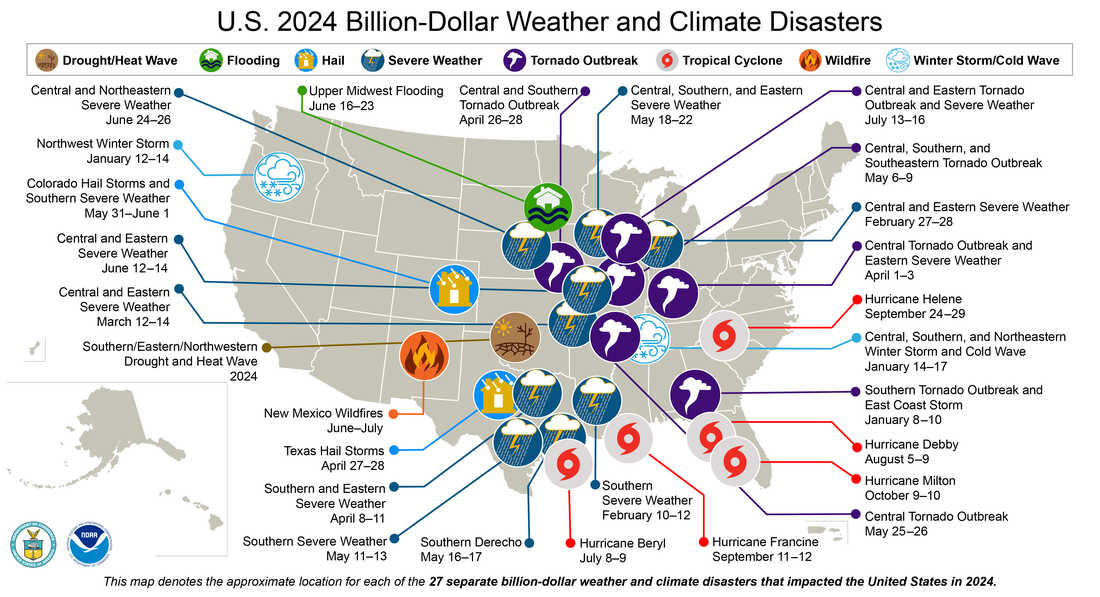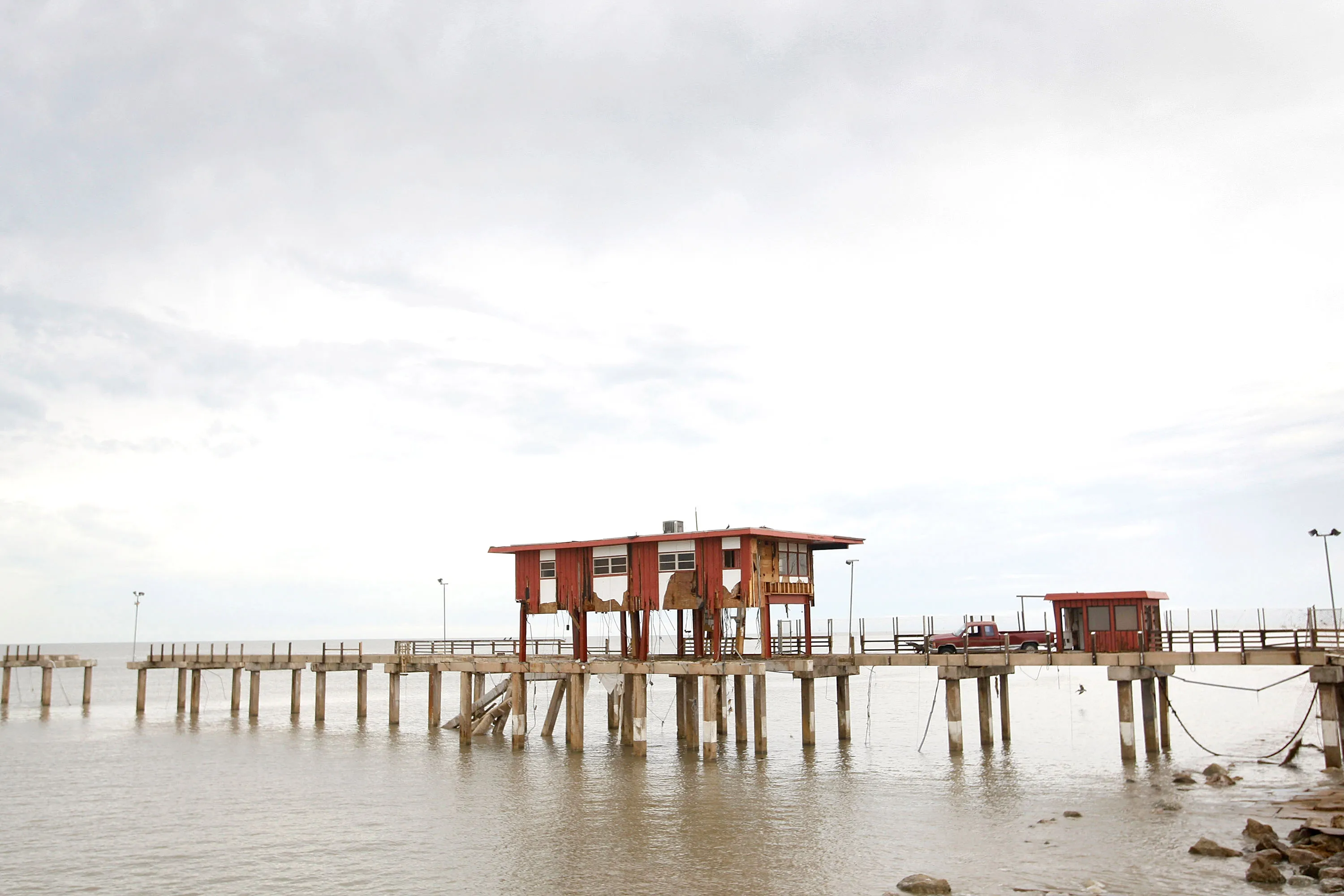As the climate crisis escalates, President Trump"s reckless push for "energy dominance" threatens to dismantle crucial disaster relief and climate data systems in Texas. With an alarming rate of billion-dollar weather disasters—68 from 2020 to 2024—Texans are left to wonder: who will protect them as federal support evaporates?
Texas Faces Unprecedented Weather Events
The state of Texas has been at the forefront of climate-augmented weather disasters. Recent figures show that Texas suffered 68 billion-dollar disasters from 2020 to 2024, more than any other state, with associated costs soaring to an estimated $746.7 billion across the U.S. in the same period, as reported by the National Oceanic and Atmospheric Administration. The threat is clear: as climate change escalates, so too does the frequency and intensity of these disasters, leaving Texas vulnerable and underprepared.
FEMA Cuts Put Texans at Risk
In a move that could cripple disaster response capabilities, Trump"s administration has signaled intentions to phase out the Federal Emergency Management Agency (FEMA) after the current hurricane season. This decision comes on the heels of a staggering 20% staffing reduction at FEMA and a freeze on essential funds. According to a recent report, Texas and Florida received nearly $18 billion each from FEMA since 2017, accounting for almost a third of the total federal disaster aid. If these cuts continue, Texas will be left without critical support during devastating storm seasons.

2024: An active year of U.S. billion-dollar weather and ...
Coastal Protection Projects in Jeopardy
Texas is not just facing immediate crisis from storms; it is also grappling with long-term threats like rising sea levels. The ambitious Ike Dike project, designed to protect the Galveston coastline from storm surges, has already seen its estimated cost balloon from $34 billion to $57 billion, according to the U.S. Army Corps of Engineers. With federal funding crucial for this project, the potential dismantling of NOAA and its vital research capabilities could lead to subpar design and implementation, leaving communities even more exposed to climate threats.
Data and Research Under Attack
The erosion of scientific research and data collection under Trump"s watch is a deeply troubling trend. The administration"s Project 2025 aims to dismantle NOAA, a key provider of weather forecasts and climate data. As reported by climate.gov, NOAA’s predictive capabilities are crucial for understanding severe weather patterns, including the influence of climate change. By slashing these resources, Texas leaders may find themselves without the necessary tools to prepare for the increasingly severe weather events that climate change guarantees.

Ike Dike finally gets some federal funding - Axios Houston
Political Denial Fuels the Crisis
The political landscape in Texas complicates the state’s ability to confront these climate realities. Elected officials have repeatedly rejected the idea of planning for climate change, instead opting to ignore the evidence while cities attempt to enact their own mitigation strategies. According to a Texas Trends survey, while half of Texans acknowledge a link between climate change and extreme weather, political divisions remain stark. This denial not only undermines public safety but also hinders collaboration among states to secure necessary federal resources.
In Texas, the cost of climate denial is paid in lives and property. As the state’s leaders avoid discussions about climate change, they risk leaving their communities without the resources, data, and federal support needed to withstand the increasingly chaotic weather patterns. The fight for climate justice demands that we hold these leaders accountable and insist on a proactive approach to the climate crisis.







![[Video] Gunfire between Iraqi security forces and Sadr militias in Baghdad](/_next/image?url=%2Fapi%2Fimage%2Fthumbnails%2Fthumbnail-1768343508874-4redb-thumbnail.jpg&w=3840&q=75)
